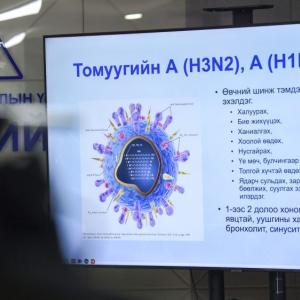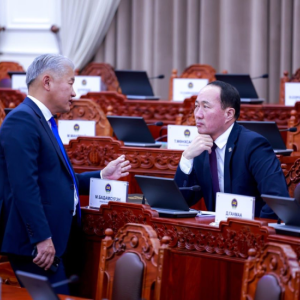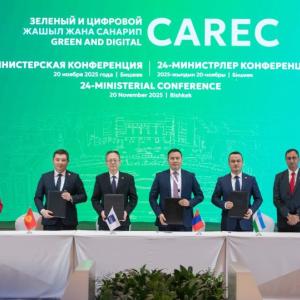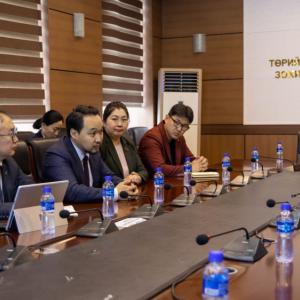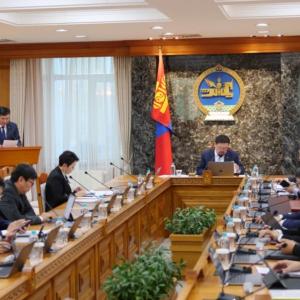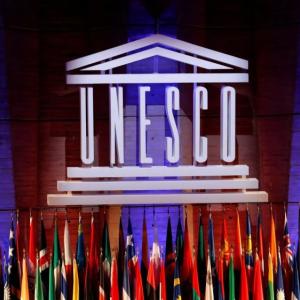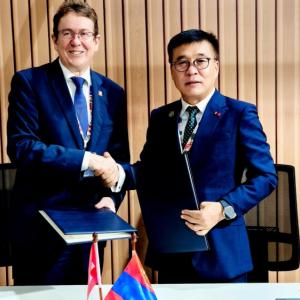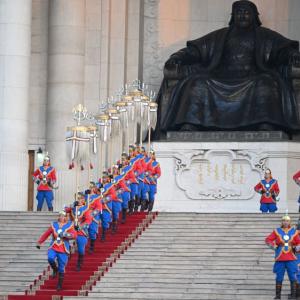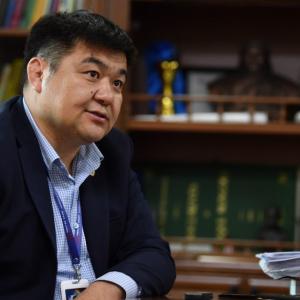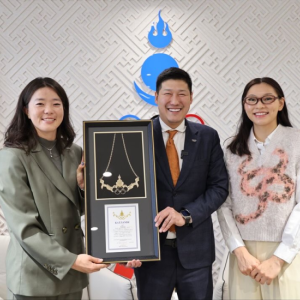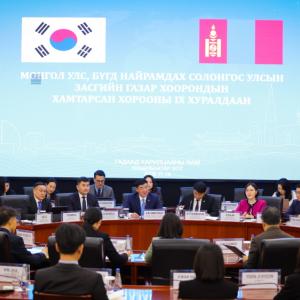Loan Agreements for Projects to Drive Climate Action and Enhance Health Services Signed
Society
Ulaanbaatar, November 21, 2024 /MONTSAME/. On November 20, 2024, the Government of Mongolia and the Asian Development Bank (ADB) signed a loan agreement for two projects aimed at accelerating climate investments and improving access to affordable, quality health services across Mongolia. ADB Country Director for Mongolia Shannon Cowlin and Minister of Finance Javkhlan Bold signed the loan agreements.
The USD 100 million policy-based loan for the Accelerating Climate Investment Program (Subprogram 1) will strengthen Mongolia’s capacity to achieve its climate goals under its Nationally Determined Contribution and National Adaptation Plan, including promoting gender-responsive actions. The program will focus on improving institutional frameworks, investment planning, and budgeting for climate action. This will include policy actions that would catalyze investments in renewable energy generation; energy efficiency in the buildings sector; and climate-resilient agriculture, livestock, and food processing.
Additionally, the program will enhance climate financing mechanisms through green bonds and expand green loan portfolios in the banking sector. It also aims to improve the investment pathways to low-carbon and climate-resilient development, focusing on energy and agriculture.
With USD 82.2 million in funding, the "Improving Access to Health Services for Disadvantaged Groups Investment Program–Tranche 2" will strengthen urban and rural primary health care, improve district and aimag hospital services, enhance the strategic purchasing model, and build procurement and financial management capacity.
Under the project, a new hospital will be constructed in Chingeltei district and the existing central hospital in Khovd aimag will be upgraded and expanded with low-carbon technology. Moreover, six gender-responsive family health centers will be established in underserved Ulaanbaatar ger districts, along with one soum healthcare center. It will provide emergency medical equipment to selected hospitals, reform primary healthcare financing, staffing, and procurement systems, and implement integrated healthcare service models. Additionally, the project will strengthen hospital autonomy and improve the procurement and financial management capacity of relevant government entities in the health sector.
 Ulaanbaatar
Ulaanbaatar
























